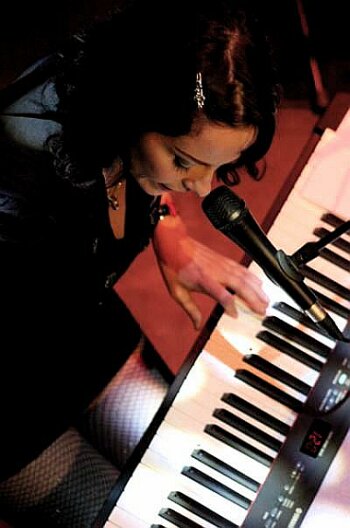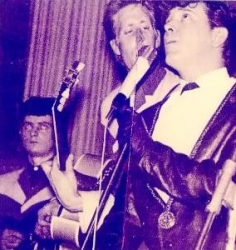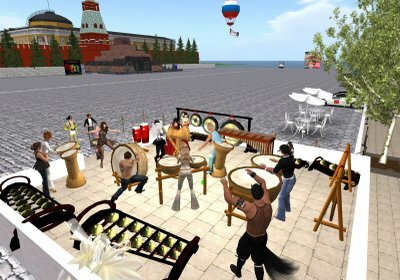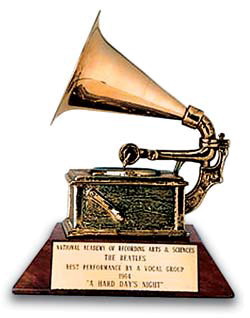Both new musicians came
In the power of music
 Music has accompanied man since prehistoric times. The joy of prey, a successful hunt, the challenge of rain accompanied ritual sounds (a skull filled with dry berries or a gong prototype could be used as a musical instrument), such was primitive music.
Music has accompanied man since prehistoric times. The joy of prey, a successful hunt, the challenge of rain accompanied ritual sounds (a skull filled with dry berries or a gong prototype could be used as a musical instrument), such was primitive music.
Thousands of years passed, musical instruments underwent significant changes, folk music (folklore) developed, words were added to it, many works survived to our days, passed down from generation to generation. Music is eternal, and the development of mankind without it is unthinkable. Continue reading
Musical graphics as a manifestation of synesthesia
 Synesthesia (simultaneous sensation, joint feeling) – in psychology – the phenomenon of perception, when during stimulation of one sense organ (due to irradiation of arousal from the nervous structures of one sensory system to another), along with sensations specific to it, corresponding sensations also arise.
Synesthesia (simultaneous sensation, joint feeling) – in psychology – the phenomenon of perception, when during stimulation of one sense organ (due to irradiation of arousal from the nervous structures of one sensory system to another), along with sensations specific to it, corresponding sensations also arise.
When considering this topic, the desire to link the problem of “musical graphics”, that is, sketching impressions from music perception in colorful objects and non-objective forms, with the laws of perception, and even more precisely with the theory of synesthesia, is characteristic. Continue reading
Humorous and shkodnaya music
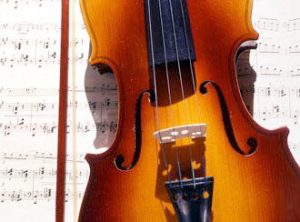 Scherzo (Italian. Scherzo – literally “joke”) is a joke piece, it can be part of a symphony, a sonata, a quartet or an independent piece of music in a lively, rapid tempo, with sharply characteristic rhythmic and harmonic turns, in a three-part size.
Scherzo (Italian. Scherzo – literally “joke”) is a joke piece, it can be part of a symphony, a sonata, a quartet or an independent piece of music in a lively, rapid tempo, with sharply characteristic rhythmic and harmonic turns, in a three-part size.
In the music of the XVI — XVII centuries – a small instrumental. So called canzonetta (songs) for one or more singers with humorous poems.
Such scherzo were written by C. Monteverdi, A. Brunelli, B. Ma Rini. Since the beginning of the XVII century. the word “scherzo” also meant plays for various instruments, close to capriccio (a free-form instrumental piece, in a brilliant virtuoso style) with their bizarre change of episodes, moods. Continue reading

